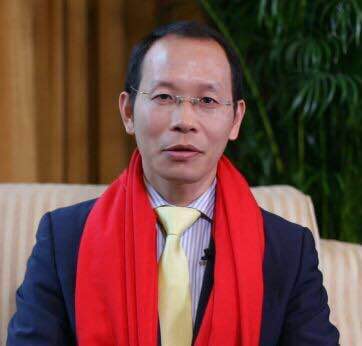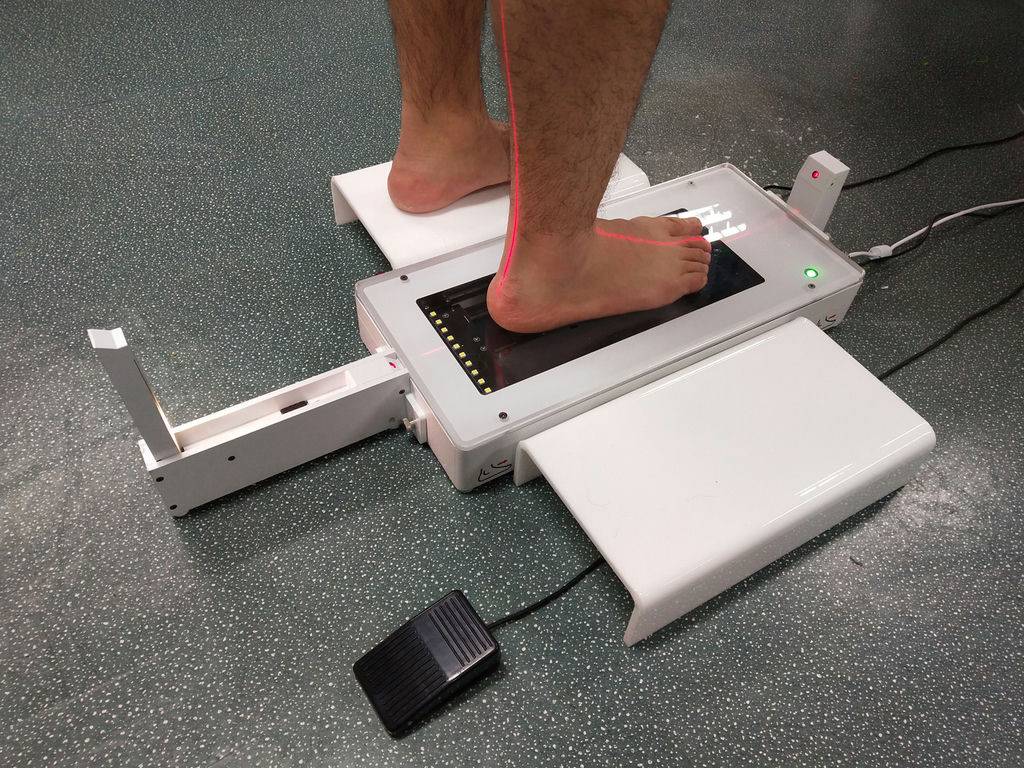
Established in 2002, Shenzhen Esun Industrial Co., Ltd. is Shenzhen based high-tech enterprise which is committed to industrialization of biodegradable materials, such as PLA and PCL. So far, eSUN has become one of the largest provider of 3D printing filaments and is now poised to enter the marketing with further development of SLA and SLS materials. We had the opportunity to meet Dr Kevin Yang, Founder & CEO of eSUN in Mumbai and he shared his insights into the history and future at esun.
I3DPn: When did you start working on 3D Printing ?
Dr Kevin Yang: 2002, we started to research and develop Polylactic Acid as a biobased and biodegradable material. The early years at Esun were dedicated to
R&D and industrialization of bio-degradable polymers, such as PLA and PCL. We were on the look out for different application markets and in 2006 came across filaments for FDM (3D Printing) as a potential application area for PLA. PLA was a good fit for 3D Printing as it was not only environmentally friendly however has low shrinkage too. Later based on various customer requirements we also developed Filaments based on ABS, PVA (water soluble support filament), HIPS, PA, PCL and PC. Since 2015, we also started developing photopolymers for DLP/LCD and powders for SLS. Currently we have more than 40 different types of materials to offer. We also produce filaments based on high performance materials such as PEEK and Carbon fibre.
I3DPn: How much of your business is related to 3D Printing ?
Dr Kevin Yang: A third of our business is 3D Printing and we manufacture approximately 1000 Metric Tons of Filaments on an annual basis. This number is quite small compared to conventional plastic manufacturing however we have achieved a growth rate of 30-50% in our 3D Printing vertical.
I3DPn: What Innovations is Esun bringing to the 3D Printing Space ?
Dr Kevin Yang: Our thought process is that, we should develop applications, which benefit mankind and human life using 3D Printing. One of our key projects now in line with this thought process is the medical insole 3D printing system. Using 3D scanning to obtain user foot data, applying TPU material and our own patented dual extruder printer we can print a pair of insoles that are completely suitable for the user’s foot type to fix and maintain the foot health. Here are the details steps:
The reason we are using TPU compared to Eva which is used conventional is because of the high flexibility and high resilience, which will greatly reduce the permanent deformation rate of the material. At the same time, it has moisture permeability and hydrolysis resistance, so that insoles can be washable and survive cold and warm conditions. As an environmentally friendly material, it prints smoothly with no odor and no need to heat the bottom plate when printing. The surface of the product is also easy to color.


